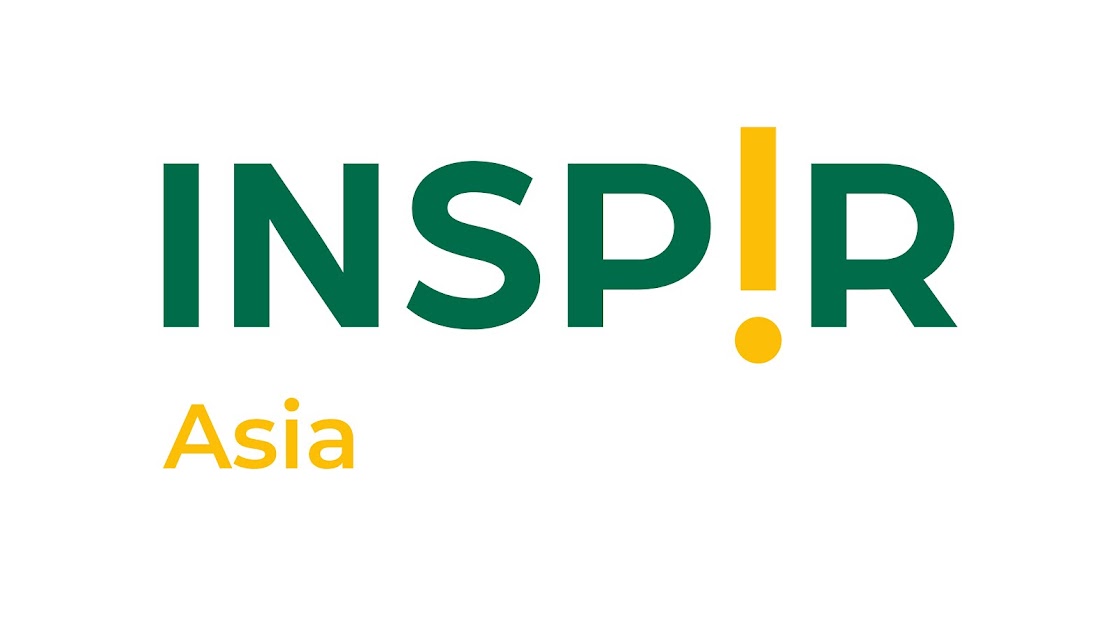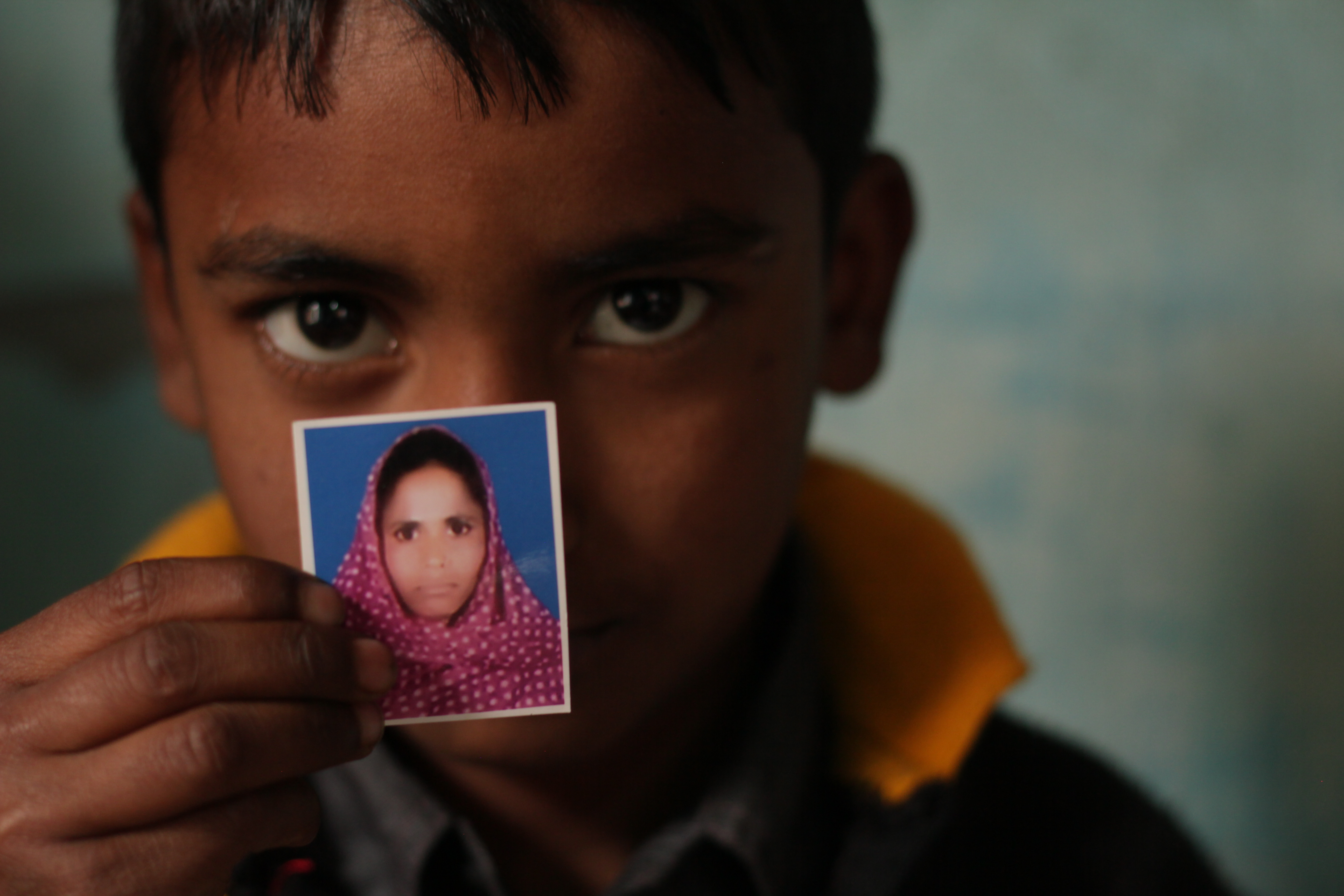Realization of US 30 million dollar as compensation of Rana Plaza victims is “One step forward towards victory of workers movement”. Thanks to all, including ILO, IndustriAll, UNI, ITUC and CCC for this achievement" say leaders of National Garments Workers Federation (NGWF) at the Solidarity rally of Rana Plaza victims.
They also paid rich tributes to the Bangladesh Prime Minister for her action for the victims immediately after the collapse of Rana Plaza.
National Garments Workers Federation (NGWF) and victims of Rana Plaza have termed the realization of US 30 million dollar as compensation of Rana Plaza victims as “One step forward towards the victory of workers movement”. For achieving the victory they have given thanks to different Trade Unions’ and Labour Rights Organizations, including ILO, IndustriAll, UNI, CCC, ITUC, WRC,ILRF, United Student Against Sweat Shops (USAS),MSN, DGB, TUC, ACTU, CLC, FNV, Cgt, Action Aid and BILS.
Today (16/06/2015) 11:00 am a solidarity rally of Rana Plaza victims was held in front of the Rana Plaza at Savar marking the achievement of the Rana Plaza victims compensation fund (collection of US$ 30 million) and reckoning the important role played by those organizations. The rally was organized jointly by NGWF and Rana Plaza victims.









